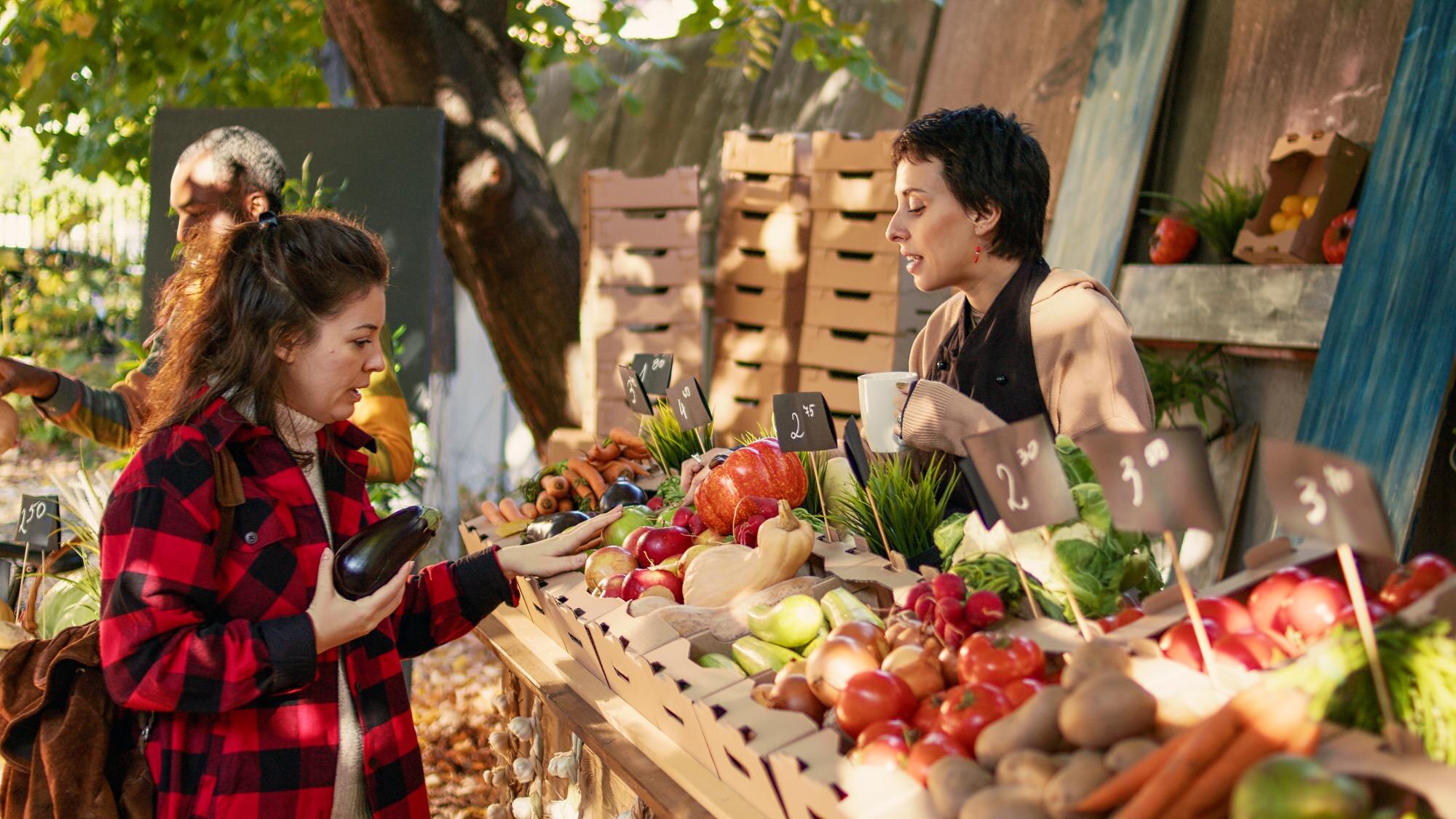In today’s global marketplace, the journey of food from farm to table is more intricate than ever. With the rise of food and vegetable trading companies, consumers are enjoying fresher produce year-round. This blog post will delve into the essential role that food trading companies play in the supply chain, exploring how they ensure quality, sustainability, and variety in our diets.
The Importance of Food & Vegetable Trading
Food and vegetable trading companies bridge the gap between producers and consumers. They source fresh produce from farmers worldwide and distribute it to grocery stores, restaurants, and wholesalers. This process not only supports local economies but also provides consumers with access to a diverse range of fruits and vegetables, regardless of the season.
The Supply Chain: Connecting Farmers to Consumers
1. Sourcing Fresh Produce
At the heart of every food trading company is a commitment to sourcing high-quality produce. Companies establish relationships with farmers, ensuring that they procure fruits and vegetables at their peak freshness. By working directly with growers, trading companies can guarantee that their products are harvested at the right time, transported efficiently, and delivered to market swiftly.
2. Quality Control and Standards
Food safety and quality control are paramount in the trading industry. Reputable trading companies adhere to strict quality standards, conducting thorough inspections at every stage of the supply chain. This includes assessing the freshness of produce upon arrival at distribution centers, monitoring storage conditions, and ensuring that transportation methods maintain optimal temperatures. With rigorous quality checks in place, companies can confidently offer products that meet both regulatory requirements and consumer expectations.
3. Logistics and Distribution
The logistics of food trading are complex and require careful planning. Trading companies utilize advanced logistics management systems to track shipments, ensuring timely deliveries. They coordinate with transportation partners to optimize routes, minimize delays, and reduce costs. Many companies also invest in cold chain logistics to maintain the quality and freshness of perishable goods throughout the shipping process. This commitment to logistics ensures that consumers receive the freshest produce possible, regardless of where it’s sourced.
The Role of Technology in Food Trading
1. Data-Driven Sourcing
Utilizing data analytics, trading companies can identify market trends and consumer preferences. This information helps them source the right products at the right time, reducing waste and ensuring that they meet customer demands.
2. Inventory Management Systems
Advanced inventory management systems enable trading companies to track stock levels, monitor expiration dates, and streamline ordering processes. This efficiency minimizes waste and ensures that products are rotated properly, maintaining their freshness.
3. E-commerce and Customer Engagement
The rise of e-commerce has transformed how food trading companies interact with customers. Many companies now offer online platforms where consumers can browse available products, place orders, and receive real-time updates on delivery status. This convenience enhances the overall customer experience, making it easier for consumers to access high-quality produce.
Sustainability in Food Trading
1. Sustainable Sourcing Practices
Many food trading companies are committed to sourcing produce from farms that prioritize sustainable practices. This includes working with organic farms, supporting local growers, and promoting biodiversity. By choosing to partner with environmentally conscious producers, trading companies contribute to a more sustainable food system.
2. Eco-Friendly Packaging
Reducing waste is a key priority in the food trading industry. Companies are exploring eco-friendly packaging options, such as biodegradable materials and reusable containers. By minimizing plastic use and choosing sustainable packaging solutions, trading companies can reduce their environmental impact and appeal to eco-conscious consumers.
3. Reducing Food Waste
Food waste is a significant issue in the food industry. Trading companies are actively working to minimize waste through better inventory management, collaboration with food banks, and initiatives to repurpose unsold produce. By finding innovative ways to reduce waste, these companies contribute to a more sustainable food supply chain.
Conclusion: The Future of Food Trading
The journey from farm to table is a testament to the importance of food and vegetable trading companies in our global economy. As they navigate the complexities of sourcing, logistics, and technology, these companies play a vital role in delivering fresh, high-quality produce to consumers worldwide.
As the industry continues to evolve, the focus on sustainability, innovation, and quality will remain paramount. By prioritizing these values, food trading companies will not only enhance their operations but also contribute to a healthier planet and a more diverse food landscape for future generations.
So, the next time you enjoy a fresh salad or a delicious fruit, remember the intricate journey it took to reach your table and the dedicated companies behind that journey.

